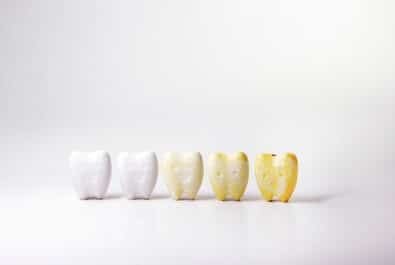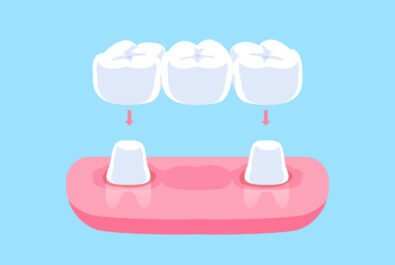When you lose a tooth, there is more to be concerned about than just the appearance of your smile; there are also the biological changes to your jawbone and dental ridges. Losing teeth can cause remaining ones to shift out of place, and can result in your jawbone losing density from lack of root stimulation. For these and many other reasons, we typically recommend dental implants for replacing lost teeth. The long-term benefits of dental implants include restoring your smile’s appearance, as well as the vital functions that were lost along with your teeth and their roots.
What Dental Implants Do
Unlike typical replacement dental appliances, like dental bridges and traditional dentures, dental implants are designed to be inserted underneath your gums and into the jawbone. The bone fuses to the small, biocompatible posts, securing them as steadily as your natural teeth roots. After the implants are planted and your jawbone has healed, the posts can support an appropriate dental prosthesis to replace the teeth you’ve lost.
Dental Implant Advantages
With anchors embedded in your jawbone, dental implant restorations look, feel, and perform more like natural teeth than their more conventional alternatives. Aside from improved support, the long-term advantages of dental implants also include;
- Improved jawbone integrity due to the stimulation of the implant posts
- Improved long-term dental health by reestablishing your dental arches
- Preservation of healthy tooth structure, since implants do not require the support of natural teeth
- Improved durability (with the right care, implant posts can last for life)














